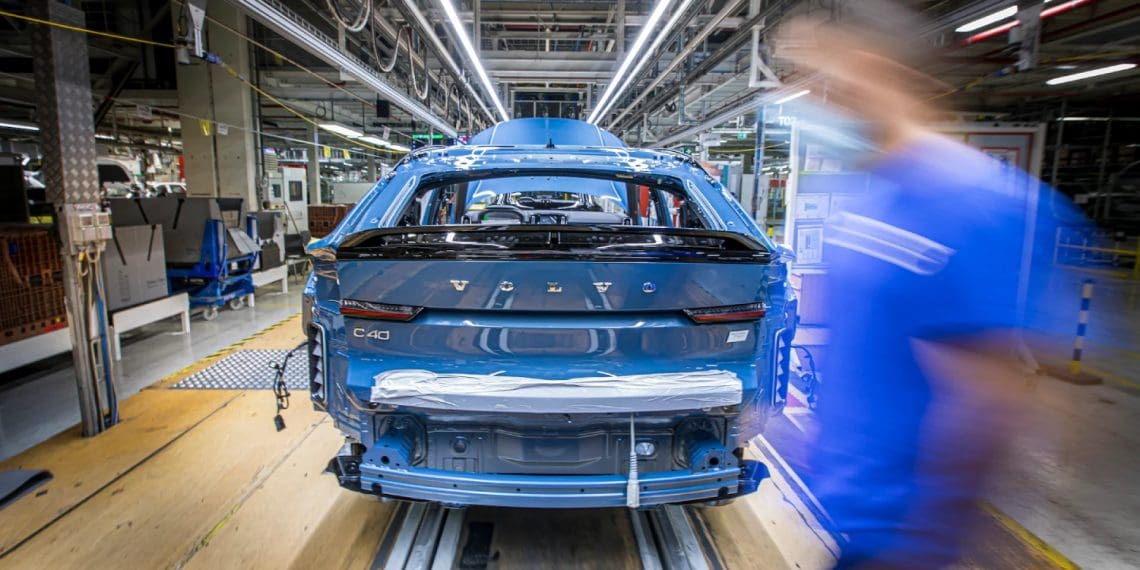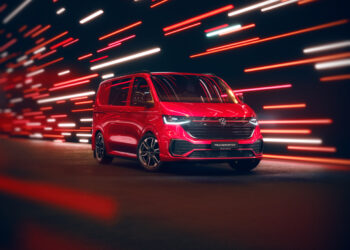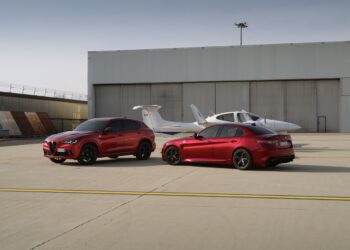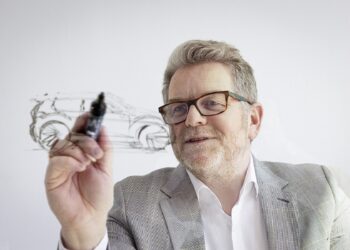Volvo has ended with diesel engines, last Tuesday, March 26, after 45 years of using Diesel engines.
The Swedish brand produced more than 9 million models with diesel engines since 1991, despite the first Volvo diesel car, the 244 GL D6, being revealed in 1979.
The last model with a Diesel engine, produced by the Swedish brand, an XC90, left the production unit in Torslanda, Sweden, heading to the brand’s museum in Gothenburg this week.
Volvo’s change in philosophy is noticeable considering that just five years ago, the diesel engine led new vehicle sales. At that time, most of the cars Volvo sold were powered by a diesel engine, while electrified models were just starting to make their mark.
Since then, this trend has largely reversed, driven by market demand evolution, stricter emissions regulations, and Volvo’s focus on electrification. The majority of the brand’s sales in Europe now consist of electrified cars, with a fully electric or plug-in hybrid powertrain.
It is worth noting that Volvo’s strategy involves intensifying its electrification strategy with a strong investment in creating and implementing new technologies and production facilities adapted to the future, in order to only market fully electric cars by 2030 and achieve climate neutrality by 2040.










